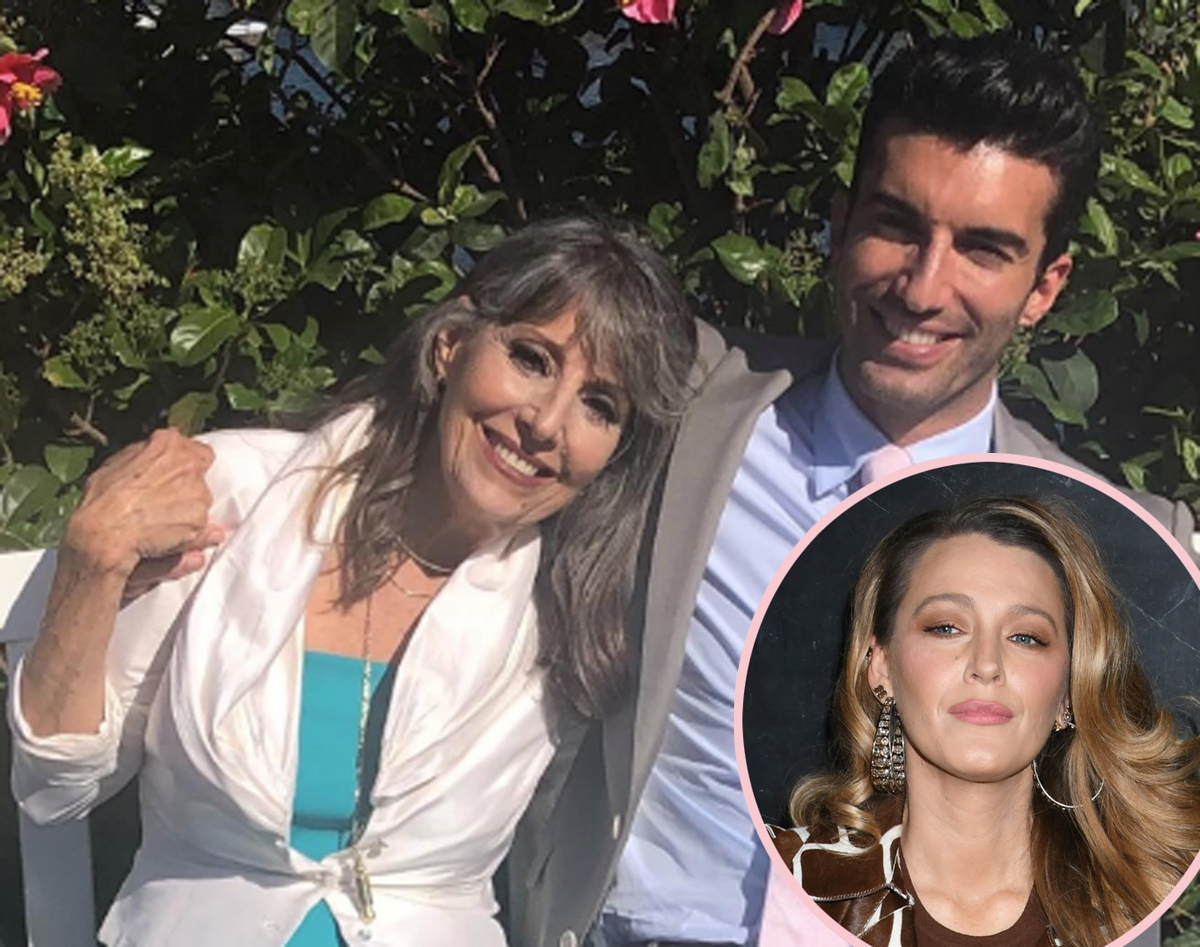Showtime’s adaptation of the Swedish vampire novel, “Let the Right One In,” finds strength in characters and relationships rather than visceral gore.
“I’m just trying to take care of my kid.”
“So am I.”
Vampires have always been one of the more popular subgenres of horror for television to explore, but these bloodsuckers are in the middle of an Undead Renaissance. The red tide has turned back in vampires’ favor and a number of networks have attempted to breathe fresh life into this undead subject matter. Let the Right One In, based on John Ajvide Lindqvist’s striking piece of Swedish vampire fiction, is a story that initially resonated with many, but not necessarily because of its vampires. What makes Let The Right One In stand apart and a story that’s worth repeatedly telling is the ways in which it excels whenever it marries the elegiac beauty and haunting brutality of its subject matter. These undead creatures are also such bastions of understanding and love, despite the dark lots that they’ve been dealt in life. It feels sacrilegious to expose these monsters to love and empathy even though that’s exactly what they need. This might not be what everyone wants out of a horror series, but it’s the eternal bonds of family that turn Let the Right One In into something that’s worth talking about.
Let the Right One In wallows through despair and bombards the audience with reports that homicide and violent crimes are on the rise as a way to check the pulse on society’s regression. This series exists in a cold world where it’s difficult to survive, but this makes every act of kindness feel infinitely warmer. The characters who do open themselves up to others are not just the exception to this rampant negativity, but they’re necessary for the world to change.
So many quiet moments in the series thrive whenever they highlight different family structures and how there’s not just one definition for the word. Anyone can create happiness and community with others. This is shown through wild extremes, but they all feed into the idea that everyone–young or old, alive or dead–deserves a family. All of the afflicted families in Let the Right One In struggle through impossible odds, but for some of these people, there are genuine moments of joy and appreciation where all of this doesn’t seem so hopeless. There are guardians who can be trusted in life and who, so to speak, can be “let in.”
All of this equips Let The Right One In with an exceptional thematic foundation where there’s plenty of room to explore its ideas. This was also true in both of the previous adaptations of Let The Right One In, but in 2022 it can come across as unnecessary or worse, derivative, in a genre that’s so overexposed and has admittedly said all of these things before. If you’ve seen the other versions of Let the Right One In then all of this hits with slightly less of an impact. This new series should be judged on its own merits, but it’s almost impossible to not think of the other renditions of this story, especially when many of the big narrative twists and turns are already known to the audience.
Let The Right One In isn’t unsuccessful if audiences are already aware of these trappings–and it’s not as if this TV series doesn’t go in new directions from its predecessors–especially when dealing with material like vampires that’s become increasingly predictable in pop culture. Let The Right One In works, but not because it presents an original take on vampires, sacrifice, or melancholy horror. It’s successful because of the raw, genuine relationships that exist between its characters who indulge in genre tropes, but simultaneously transcend them. This is a story about pained families who will do anything to heal their loved ones that also just happens to involve vampires. Tremendous tension is born out of every moment where Mark (Demián Bichir) feels like he’s let his daughter get exposed to greater vulnerabilities; a fear that anyone can understand.
Let the Right One In doesn’t hold back when it comes to a cast of exceptional actors that include the likes of Demián Bichir, Željko Ivanek, Grace Gummer, and Nick Stahl, but it’s newcomers Ian Foreman and Madison Taylor Baez as Isaiah and Eleanor who truly pop off the screen and elevate each scene above hackneyed melodrama into authentic human interactions. These young actors are the series’ beating heart and there’s such tender beauty here that you temporarily forget that this is a show that’s fueled by gory, bloody massacres and manipulation. These murders are often the centerpieces of episodes, but what makes more of a mark are the humble, innocent moments like when a child visits a planetarium and their eyes are suddenly opened to the endlessness of the universe and that anything in life is possible.
This is best encapsulated in “More Than You’ll Ever Know,” the season’s seventh episode, which flashes back ten years and functions as a fascinating origin story for Eleanor that’s an appreciated exercise in restraint. Let the Right One In wisely holds off on the pieces to this puzzle and the series is better off than if this self-contained episode were to arrive after the first or second installments. It’s one of the strongest entries of the season and a turning point for the characters, but it also functions as an elegant standalone story that anyone can pick up and appreciate as a heartbreaking gothic piece of horror. Let the Right One In looks like it might have a bright future ahead of it at Showtime, but even if it were to fail as a one-season anomaly then it’d be worthwhile for the beauty that’s reached in “More Than You’ll Ever Know.”
This also begs the bigger questions of where Let the Right One In can go in a hypothetical second season and what a long-running version of this show looks like. At this point, it feels like there’s enough on the table to at least sustain another season or two, but there’s also tremendous potential for this to devolve into the next The Strain. To the series’ credit, many of the more tacked-on elements from the earlier episodes, like the procedural crime component, begin to feel more natural as the season continues. The same is true for whenever these disparate families begin to intersect with each other and become the solutions to one another’s impossible problems. The series banks more on emotional horrors and a haunted fairytale energy than it ever relies on visceral fears. However, Let the Right One In still finds room for vampire monkey test trials and some uniquely terrifying set pieces.
Let the Right One In likely isn’t going to redefine vampire storytelling or genre cable programming, but it still might turn into Showtime’s next big hit and a dedicated place for somber, gothic meditations on life and death. The strong performances and emotional depth of these relationships guarantee that Let the Right One In is far more than just another vampire series. There’s enough promise and truth in the show’s first season to justify further transfusions rather than locking this series away in a box.
The series premiere of “Let the Right One In” will be available to stream on October 7th, with its proper debut on October 9th at 10 pm (ET) on Showtime.

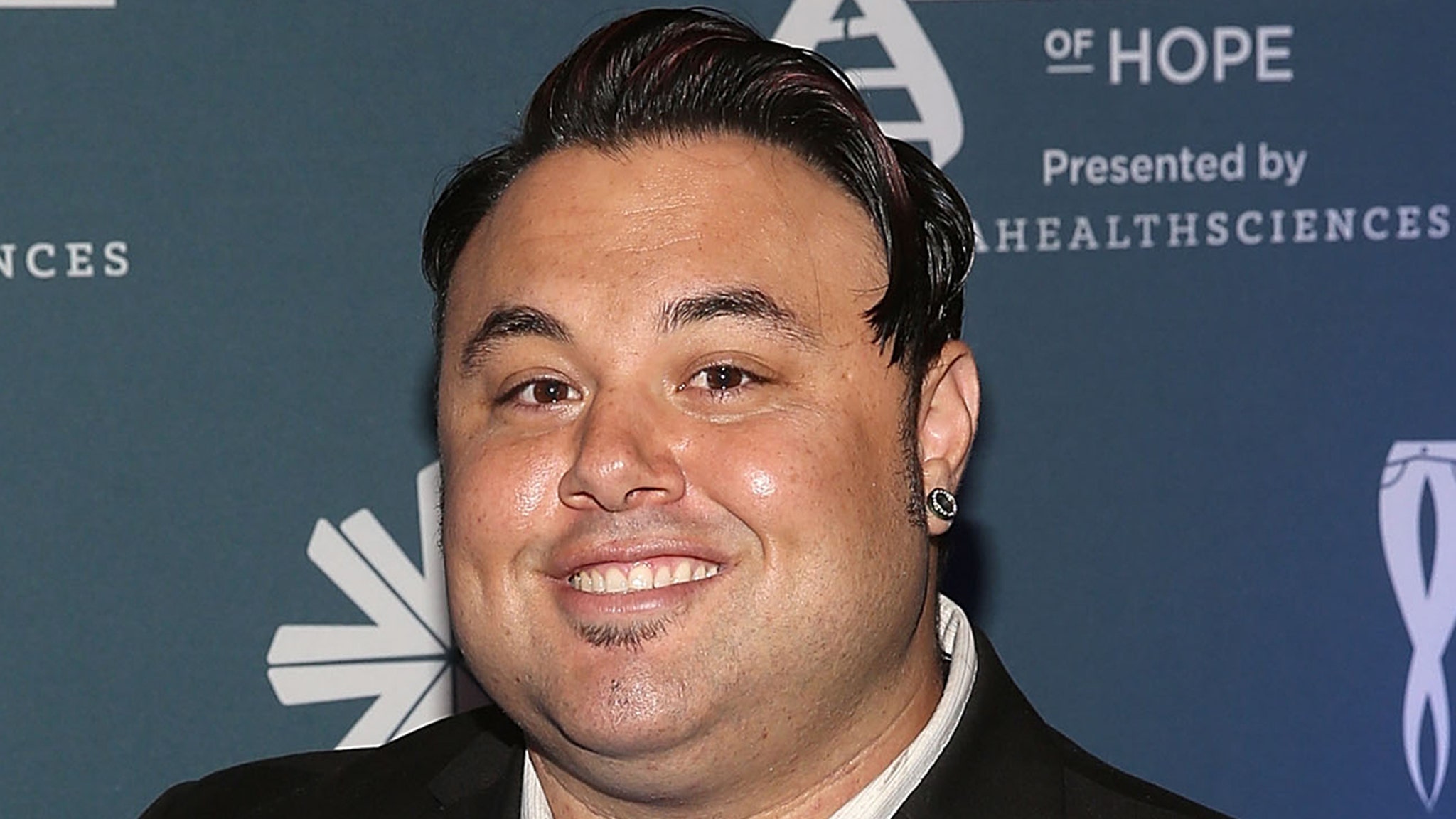





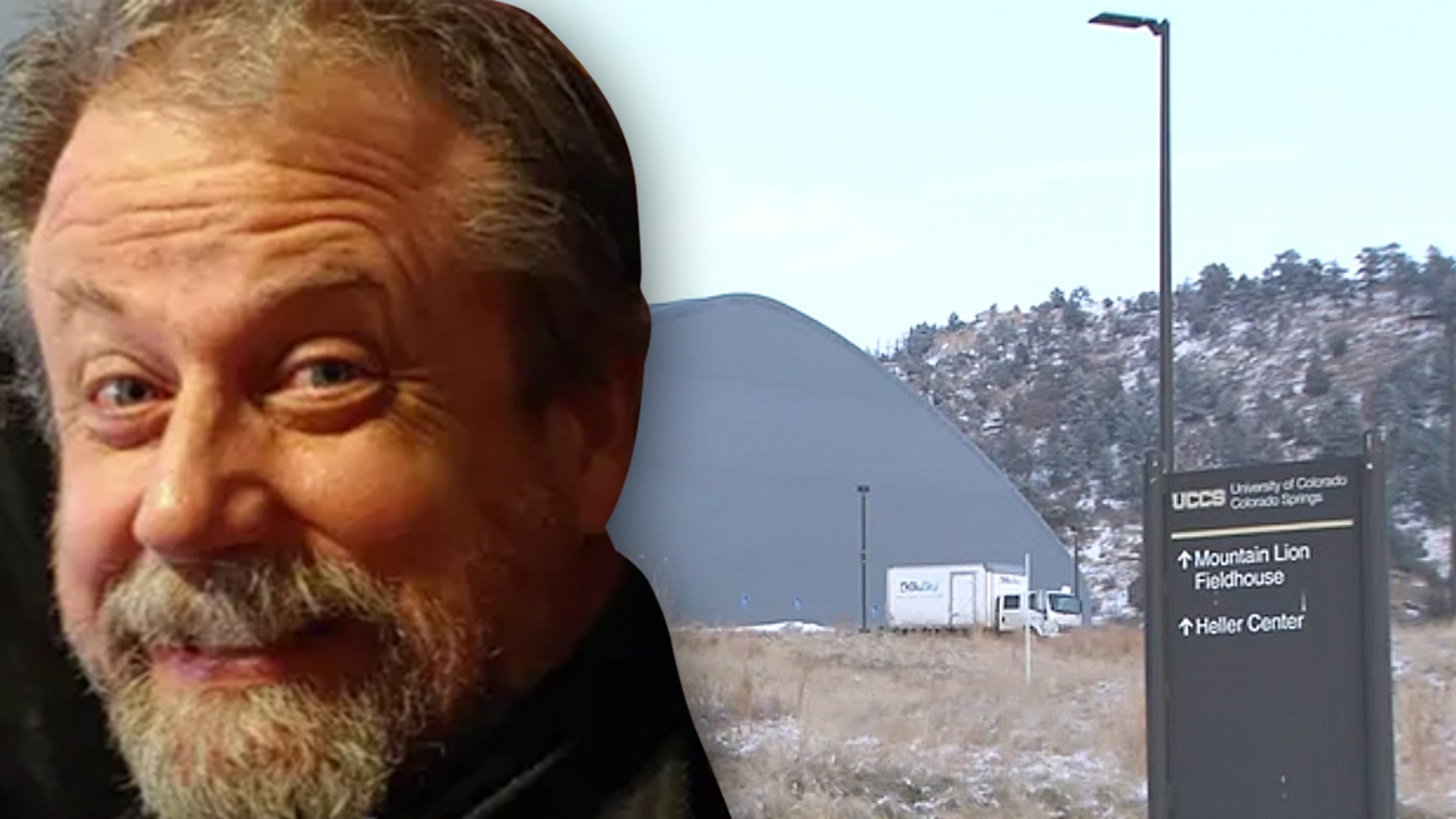
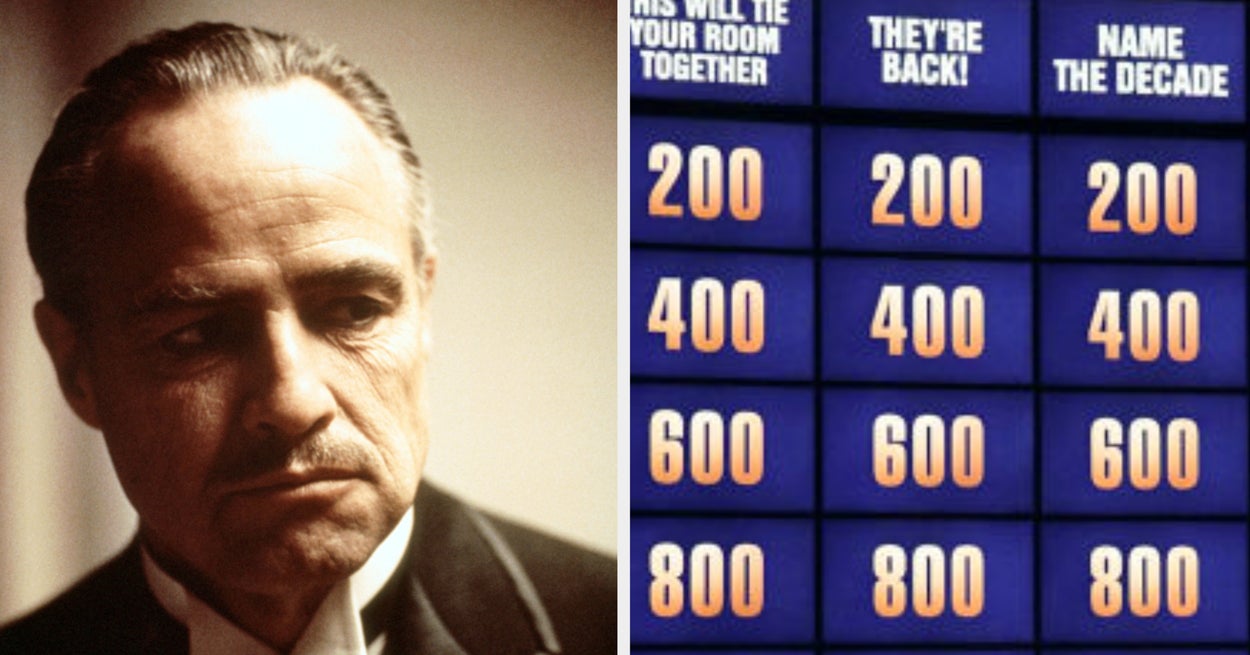














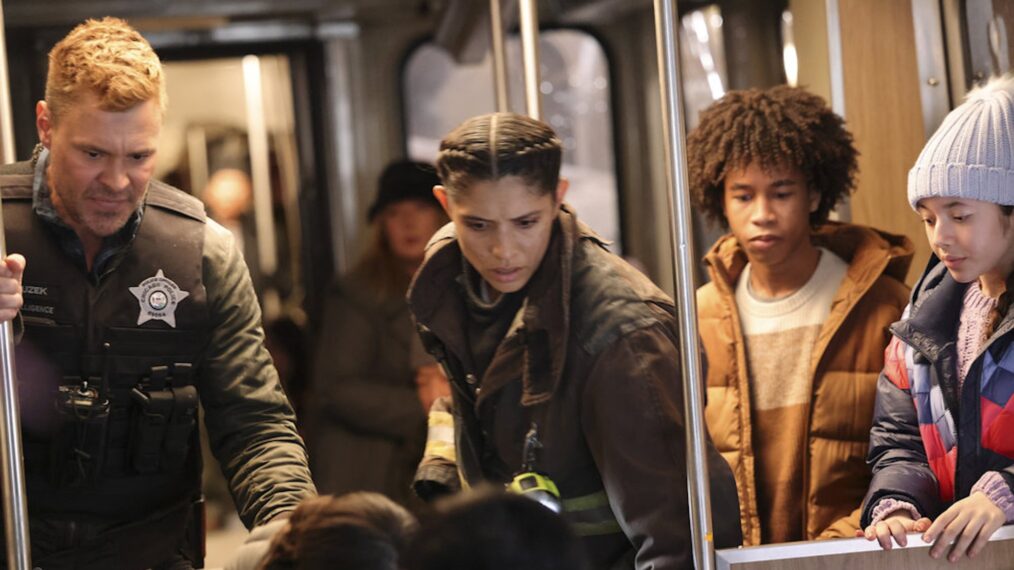













:quality(85):upscale()/2025/01/30/728/n/1922564/bae21b97679ba8cf1dcb88.10828921_.png)
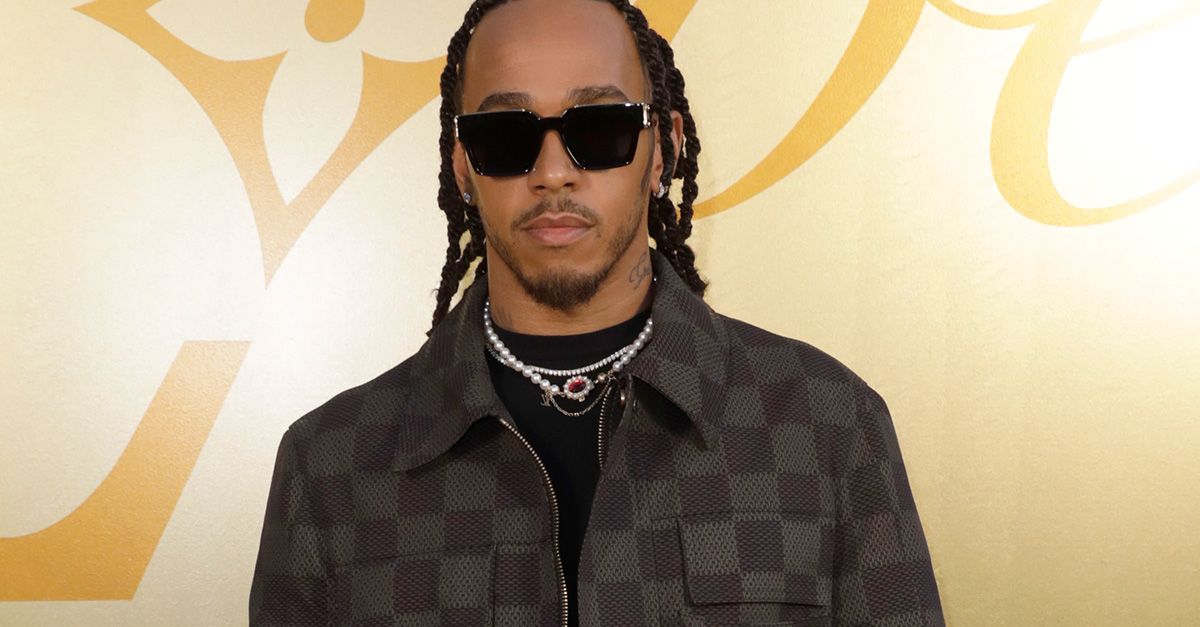






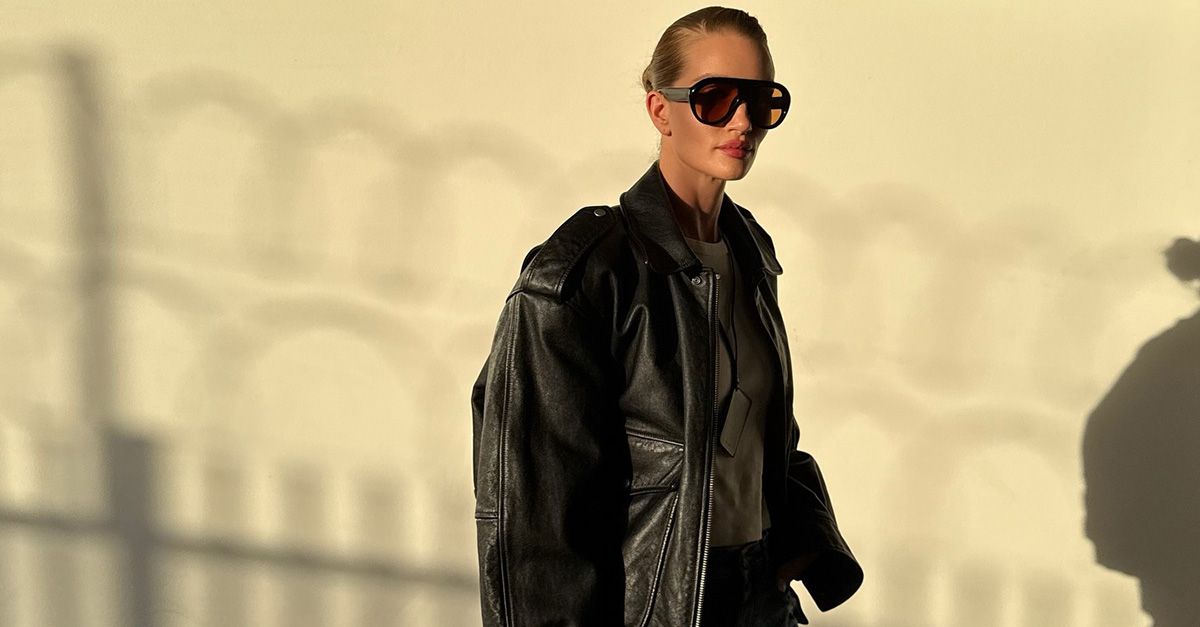


















![Hellraiser Review – David Bruckner Raises Hell with Style [Hulu] Hellraiser Review – David Bruckner Raises Hell with Style [Hulu]](https://i0.wp.com/bloody-disgusting.com/wp-content/uploads/2022/09/HLR_FF_302_0106122_V2-1.jpg?resize=1000,600&ssl=1)








.png)









